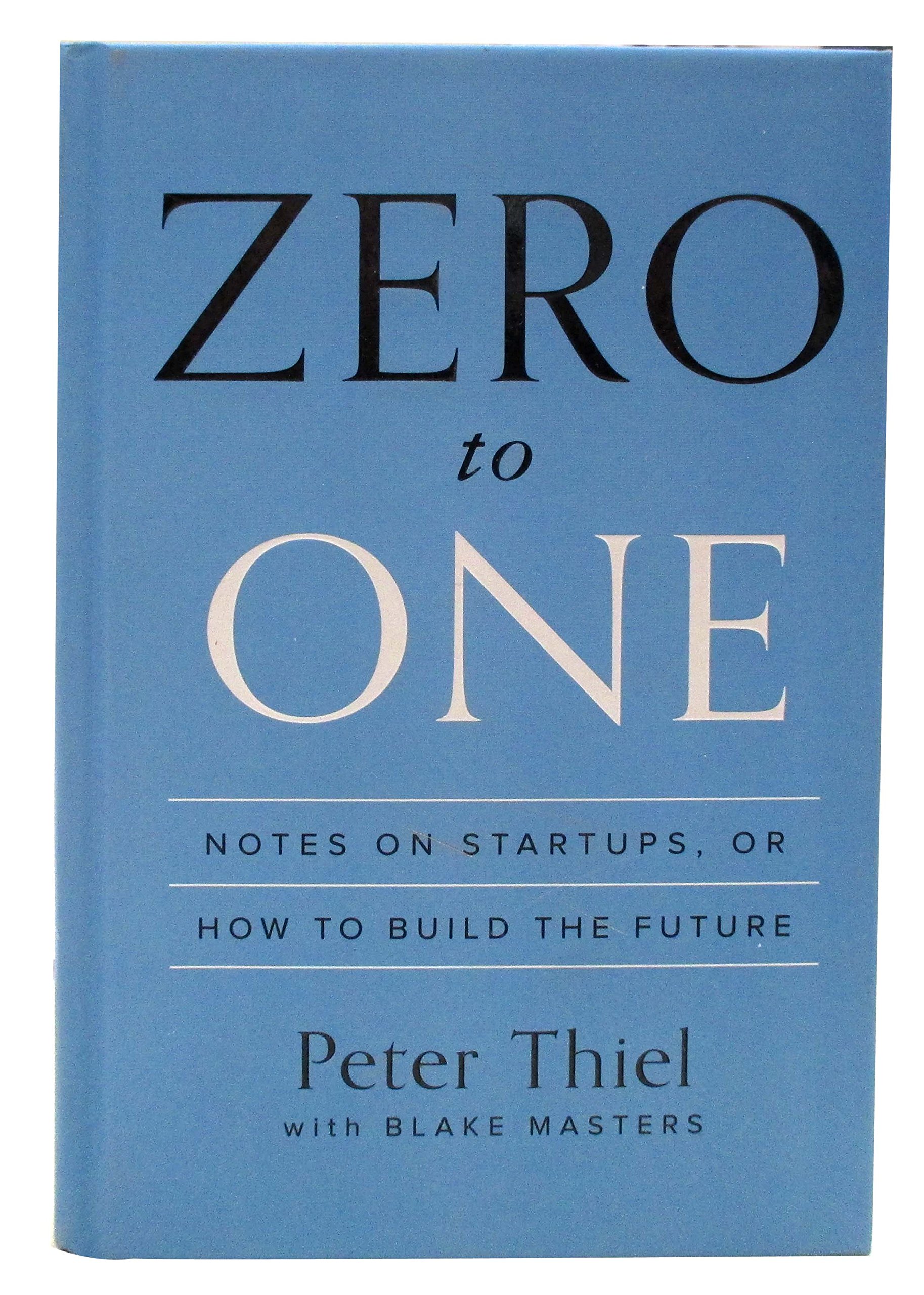Tuesday, June 30, 2015
Book Review: Zero to One, by Peter Thiel
"And no one puts new wine into old wineskins; or else the new wine bursts the wineskins, the wine is spilled, and the wineskins are ruined. But new wine must be put into new wineskins."
Mark 2:22
Peter Thiel is one of the most successful American entrepreneurs of the past quarter century; Zero to One is his opus on success.
Success is a difficult concept to discuss, because every successful company is unique. Thiel encourages would be entrepreneurs to seek "monopoly capitalism" where you create "the kind of company that's so good at what it does that no other firm can offer a close substitute" (24-5). Unlike government enforced monopolies "[T]he dynamism of new monopolies explains why old monopolies don't strangle innovation...the history of progress is a history of better monopolies businesses replacing incumbents" (33).
Thiel condemns stale, conventional, thinking. Unfortunately, there's far too much of it across American society, especially in American business. As he explains: "[E]very moment in business happens only once. The next Bill Gates will not build an operating system. The next Larry Page or Sergey Brin won't make a search engine. And the next Mark Zuckerberg won't create a social network. If you are copying these guys, you aren't learning from them....The act of creation is singular, as is the moment of creation, and the result is something fresh and strange....Unless they invest in the difficult task of creating new things, American companies will fail in the future no matter how big their profits remain today" (Emphasis added) (1).
Great fortunes require contrarian thinking. That's why you do something different in the first place. Thiel identifies four cultural factors that inhibit it: incrementalism, risk aversion, complacency, and 'flatness' (97-8). Air B'n'b, Netfilx, and Uber are recent examples of companies that embraced contrarian thinking. They figured out "[T]he best place to look for secrets is where no one is looking" (104).
Successful startups usually become 'mature' over the course of 5 to 10 years. Thus, they require a type of long term thinking that is itself contrarian. Thiel asks "[W]hy would professional [Venture Capitalists], of all people, fail to see the power law? For one thing, it only becomes clear over time, and even technology investors too often live in the present" (87). Short term thinking begets bankruptcy.
While Thiel's book isn't political, it did provide us with one major insight. In the realm of politics, the Tea Party is the equivalent of a tech startup. He explains "what a startup has to do: question received ideas and rethink business from scratch" (11). If there's one trait that defines the Tea Party, it's a rejection of the bogus assumptions that have dominated the political process for far too long. The proof is in the ending of the Ex-Im bank and the strongest Republican presidential field ever.
When one of the most successful entrepreneurs of the past quarter century speaks, you listen. Peter Thiel details the pitfalls of conventional thinking and the opportunities available to those who reject it. Zero to One: Notes on Startups, or How to Build the Future is required reading for anyone interested in changing the world.

No comments:
Post a Comment
Note: Only a member of this blog may post a comment.